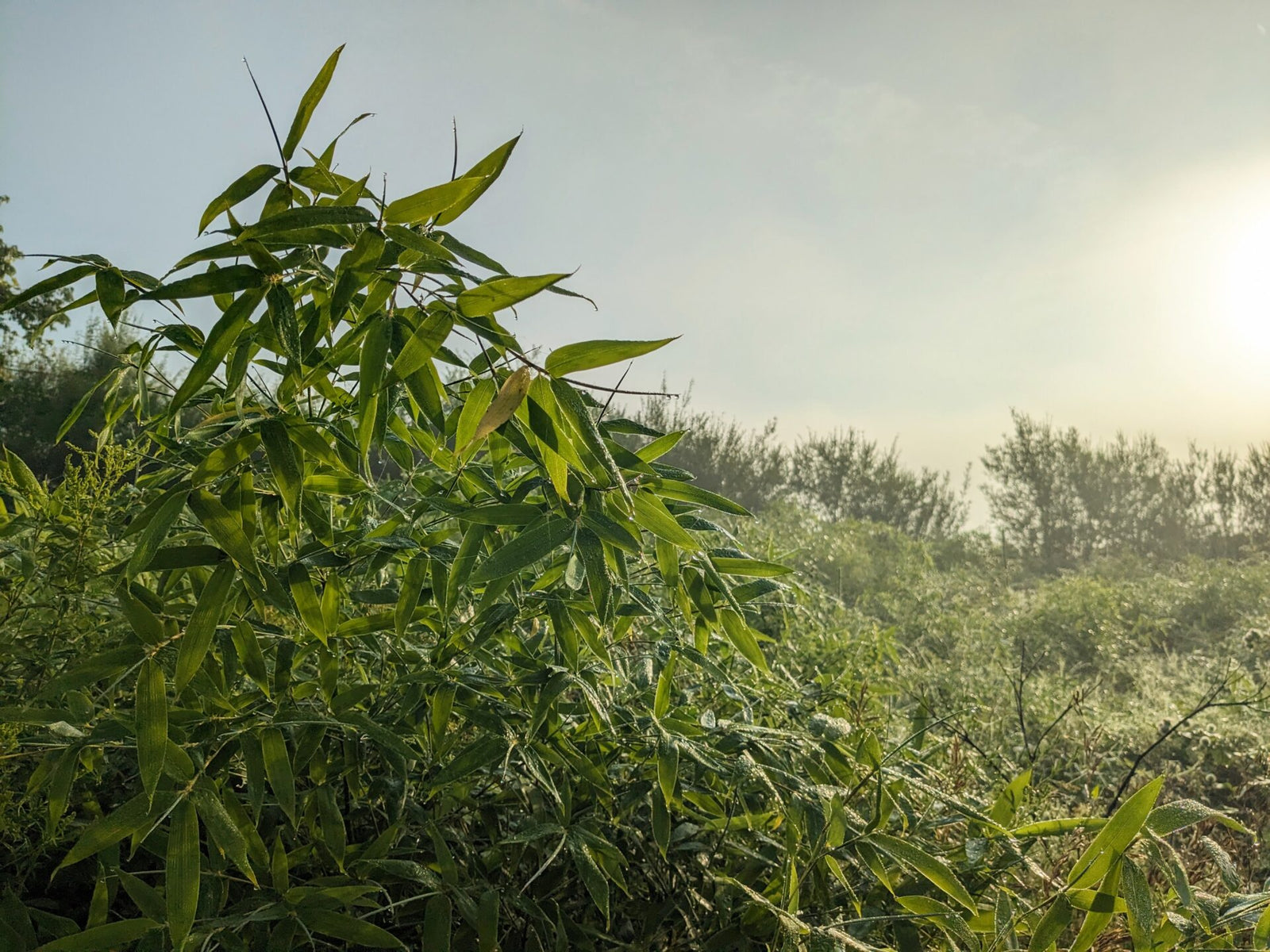Farmers are as prone to chasing trends as anyone else. In the past couple decades there have been alpaca bubbles, pigeon pyramid schemes, and absolute manias for a couple different breed of beef cows. For a while everyone wanted to plant hemp for CBD, and with legalization marijuana cultivation took off, but neither has turned out to be as lucrative as promised.
I nevertheless admit to being surprised by the idea that bamboo might be the next big thing in farming. But a recent article from Ambrook Research says that at least a few unscrupulous companies are trying to make it happen. The idea is that bamboo is easy to grow and widely adaptable, and that the international demand for it will only increase in the coming years. It’s already a $60 billion industry!
Left out of this pitch is the fact that the massive apparatus that makes the bamboo industry work in Asia, all the machinery and processing that turns the stalks from raw material into cutting boards and flooring and a million other products, does not exist in America. The companies pushing bamboo on farmers will sell them the seedling at a cost of $10,000 per acre, with the claim that they will eventually buy the stalks back at a value of $20,000 per acre, but no clear explanation of what they’ll be doing with all that bamboo that would justify this valuation.
If you are ever thinking of getting into farming, and someone promises you that they have a plan that will make you huge profits a few years down the road if you just pay them a bunch of money right now, be very suspicious. For example, if someone says, “take out a loan to pay me more than your land is worth for these bamboo seedlings, and later I’ll come back and give you twice what you paid me every year going forward” it’s probably too good to be true.
I suppose there could someday be a bamboo industry in the U.S., but it would have to develop in stages, with the capacity to process bamboo being built in conjunction with farmers planting it. Before I’d invest in it I’d want to see good evidence that both the growing and the processing could be done cheaply enough to compete with established Asian producers.
Besides the financial risk to farmers, the other main thrust of the article is that bamboo poses a threat as an invasive species. Bamboo can spread aggressively in certain climates (I wish it was a little more aggressive in mine, since I would like to feed it to my sheep), and certain species can form a monoculture, effectively crowding out anything else that might try to grow. I can very much see the downside to planting thousands of acres of bamboo without a thought for the broader ecological impact.
That said, I’m also frustrated with the conversation. Not long ago millions of acres of the U.S. were covered canebrakes of native bamboo, a fact the article fails to mention. Obviously, planting imported species would not exactly replicate this endangered ecosystem, but I wish there could be some examination of a middleground. Planting tens of thousands of acres to bamboo would be expensive, prohibitively so if the only goal was environmental restoration.
But if there was some way to either make native species economically profitable or to find a non-native species that could establish the right environment for all the species that can only live in a canebrake, wouldn’t that at least be worth examining? Wouldn’t it be better than just planting more corn? For example, I strongly suspect there would be a way to manage cows or sheep to graze bamboo without killing it. Or perhaps there actually could be a viable market for the stalks for use as a building material.
Hundreds of millions of acres in the U.S. are farmed. While I would like to see some portion of this restored to wilderness, most of it will remain in private hands. Solutions that have space for both agriculture and the environment are a critical part of a healthier future.

